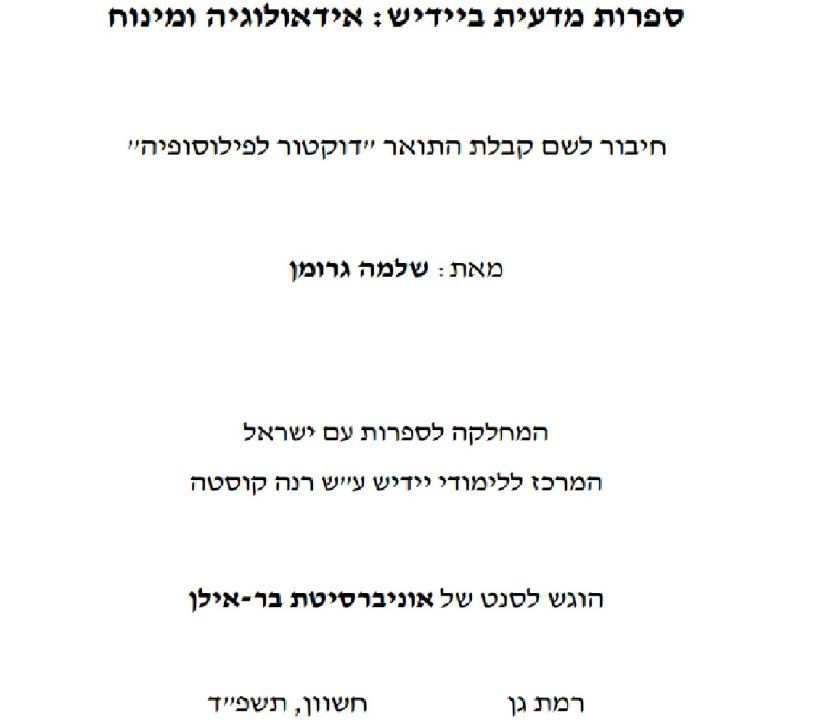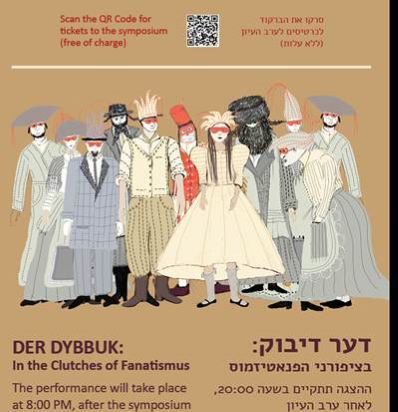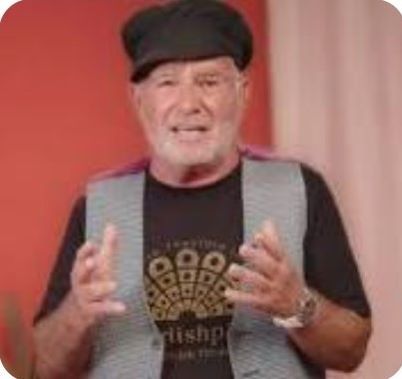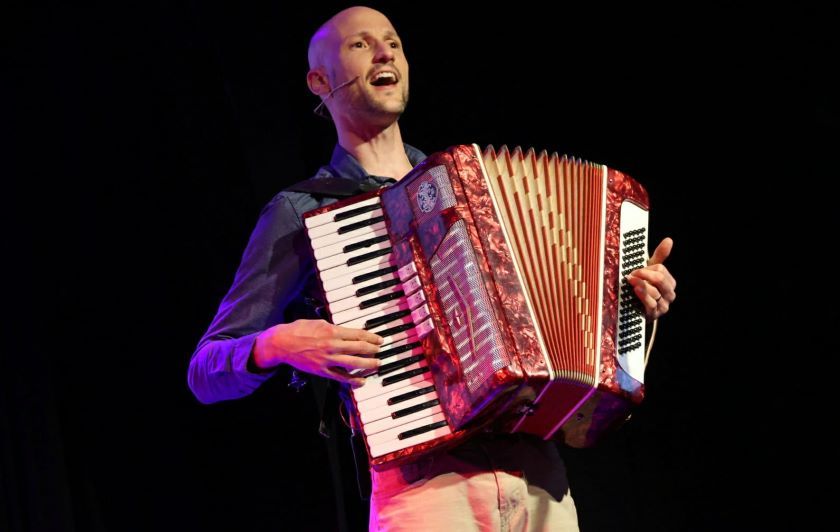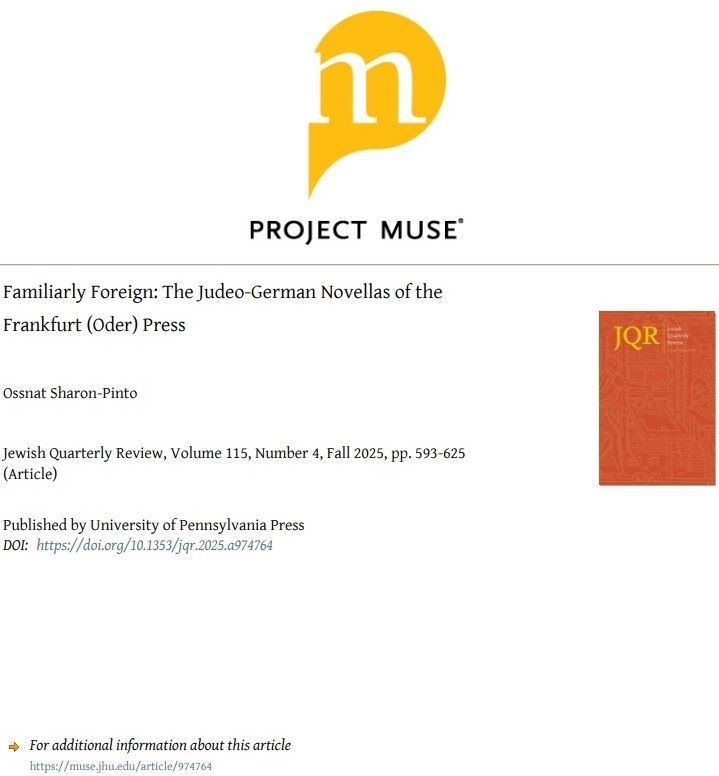Notable Yiddish cultural figures born in March
Shalom Aleichem (born as Sholem Yakov Rabinovich March 2, 1859, in Pereyaslav, now Ukraine, and died May 13, 1916, in New York) was the greatest writer in the history of Yiddish literature.
Esther-Rochl Kamińska (née Halperin: born March 10, 1868, in Porazava, now Belarus, and died December 27, 1925, in Warsaw) was an outstanding actress in the Yiddish theater.
Solomon Michoels (born as Shloime Vovsi: March 16, 1890, in Dvinsk, now Daugavpils, Latvia, and died January 13, 1948, in Minsk) was the greatest actor and director in the history of Yiddish theater. He was brutally murdered by Stalinist agents.
Moyshe /Moses/ Kulbak (born March 20, 1896, in Smorgon, now Belarus, and died October 28, 1937, in Minsk) was a poet, playwright, and novelist. His most important works are: a three-volume novel "The Zelmenyaner"; dramas "Jacob Frank" and "Moshiach Ben Efraim"; a play "Boytre"; and a poem "Child-Harold from Disna". In 1928, Kulbak emigrated from independent Lithuania to the USSR, and ended up a victim of the Stalinist regime.
Isroel Axenfeld (born March 1787 in Nemirov, now Ukraine, and died in the summer of 1866 in Paris) was a prose writer of the Haskala (Enlightenment) era. He spent many years in Odessa. His works were distributed in manuscript form, but only two were printed, in Leipzig in 1861: "The Sterntichl" (the name of a traditional Jewish female head-covering) and "The First Jewish Recruit".
Berl Broder (born as Margulis in March 1815, in Brody, Galizia, now Ukraine, and died in 1868, in Carlsbad, Austro-Hungary, now Karlovy Vary, Czech Republic) was the founder of a group of Jewish folk singers called "Brodersingers". He toured with his vocal repertoire around the towns and shtetls of Romania and Ukraine.
YIVO [Yidishe Visnshaftlekhe Organizatsye] - the Institute for Jewish Research, founded on March 24, 1925 in Vilna (then Poland, now Vilnius, Lithuania) which preserves, studies, and teaches the cultural history of Jewish life throughout Eastern Europe, Germany, and Russia. It also undertakes varied studies related to the Yiddish language and its literature. Among its founders and directors were Max Weinreich, Zalman Reisen, Zelig Kalmanovich and Nochum Shtif. Shtif invested much energy in creating YIVO, but immediately after its opening moved to Kiev, where he headed the "competing" research organization established by the USSR authorities - and destroyed by them before WWII. Since 1940, the Institute has been based in New York.
News
Is it important for you that the Yiddish language and its culture be preserved and developed?
Would you like to memorialize your relative?
Then contact Yehudit Solel at 03-6006325







